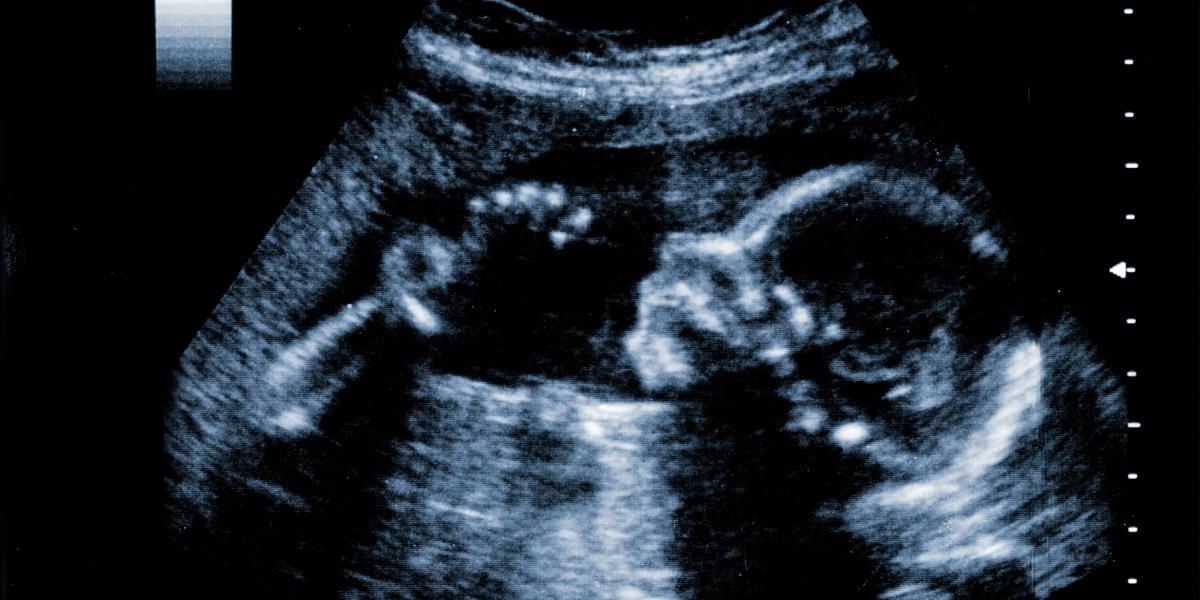Unintended Legacy
A kid’s autism risk skyrockets when mom is obese and diabetic.
For years, researchers have known that maternal obesity and diabetes can lead to a long list of complications for mother and baby during pregnancy and beyond.
But a new study co-led by Xiaobin Wang, MD, ScD ’91, MPH, and M. Daniele Fallin, PhD, suggests that list should include autism spectrum disorder (ASD) and intellectual disability.
In a Pediatrics paper published in January, the investigators show that women who are either obese or diabetic are almost twice as likely to bear a child who will be diagnosed with ASD or an intellectual disability. When obesity and diabetes go hand in hand, those risks skyrocket: Women with both conditions are four times as likely to have a child on the spectrum and nearly 10 times more likely to have one who is both autistic and intellectually disabled.
This study of 2,734 mother-child pairs is the first to sort out the independent and joint contributions that maternal obesity and diabetes make to ASD and other developmental disorders, says Wang, the Zanvyl Krieger Professor in Child Health and director of the Center on the Early Life Origins of Disease.
Why maternal obesity and diabetes should be so strongly associated with ASD and intellectual disability is not entirely apparent. But lead author Mengying Li, a PhD student in Population, Family and Reproductive Health, notes that other studies have linked maternal obesity to low levels of micronutrients such as folate in women, and also to a maternal inflammatory response that may impact the developing fetal brain.
The takeaway is clear, says Fallin, director of the Wendy Klag Center for Autism & Developmental Disabilities and chair of Mental Health. Identifying and managing obesity and diabetes is important for women—and their future offspring.
“We know that obesity and diabetes aren’t good for mothers’ own health,” says Wang. “Now we have further evidence that these conditions also impact the long-term neural development of their children.”
